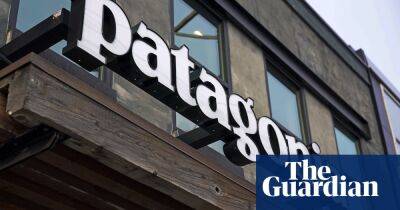What problem is Liz Truss’s plan for regulators solving?
In a world of soaring energy bills, polluted rivers, labour shortages, plunging levels of business investment, strikes and an underfunded health service, give thanks for small mercies. At least we’re not worrying about the banks going bust.
That assumption wasn’t necessarily safe when Covid struck in early 2020. The share prices of the likes of Lloyds Banking Group and NatWest halved almost overnight. That they’ve recovered all the lost ground can be explained by a few factors: the massive sums spent by government on furlough schemes, bounce-back loans and so on; the fact that unemployment, one traditional driver of lending write-offs, has remained low; and the higher interest rates that help banks’ lending margins.
But maybe there’s another factor in the background. Perhaps the Prudential Regulation Authority (PRA), the bit of the Bank of England responsible for policing the health of the financial system, has done a half-decent job. It’s still early days, of course. But, on the other side of the recession, the banking system should be infinitely better equipped to fund recovery than it was in 2008-09, when Northern Rock, HBOS, Royal of Scotland had fallen like dominos.
The PRA was created out of that crisis. The failed Financial Services Authority and its light-touch regime was disbanded in 2013 under George Osborne’s reforms. Big-picture regulation of the biggest banks and insurers was handed back to a beefed-up Threadneedle Street. The Financial Conduct Authority (FCA) was formed to do the rest of the old FSA’s work – regulating markets, policing conduct, looking out for consumers and overseeing smaller financial firms.
One can still point to shocking failings, naturally. Exhibit A would be the FCA’s oversight of London
Read more on theguardian.com




















